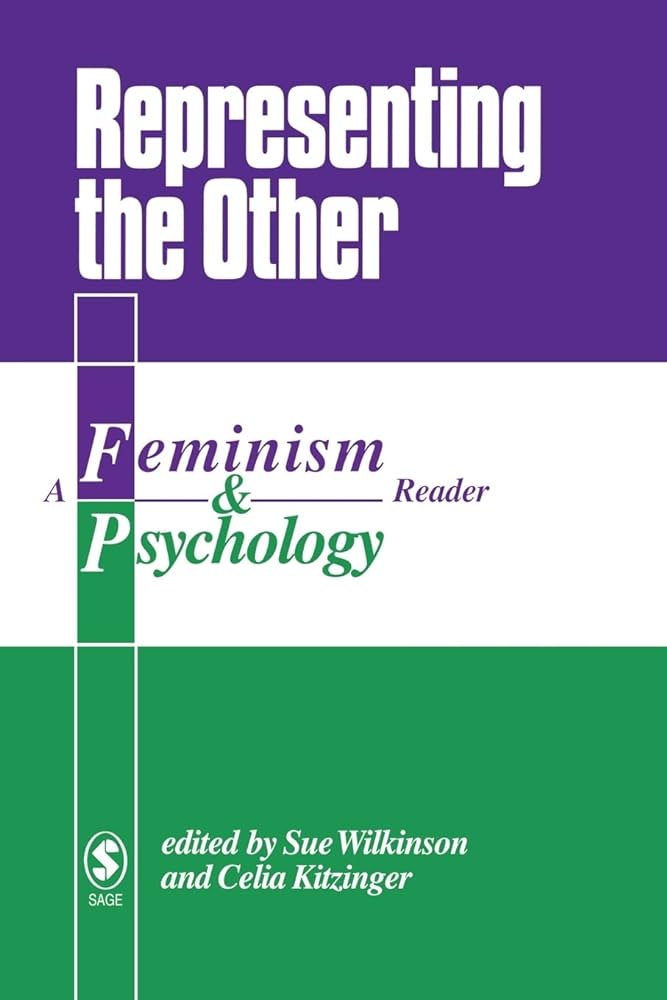“其他”心理学家:关于差异、越轨和反抗的自我民族志对话
IF 2.2
3区 心理学
Q2 PSYCHOLOGY, MULTIDISCIPLINARY
引用次数: 2
摘要
在当前推动南非心理学转型的框架内,本文强调了在该领域内基本上被忽视的“其他”身份轴。这次谈话暴露了心理学学科——特别是在南非的背景下——以及它关于心理学家“预期”身份的许多未经检验的假设——特别是那些异性恋和健全的人。两位作者,都是“他者”,都是执业心理学家——一个是同性恋,一个是残疾人——通过参与一场自我民族志的对话,分享并反思了他们在自己选择的职业中感受他者的一些经历。借助酷儿理论、批判性残疾文学以及生物政治权力的理论框架,我们开始理解我们的差异、越轨和反抗的经历。揭示了心理学领域如何边缘化“其他”心理学家,以及对那些承受压迫的人的影响;一场对话开始了,在这场对话中,该学科围绕强制性身份形式的假设——异性恋、非残疾等——以富有成效的方式被打破。本文章由计算机程序翻译,如有差异,请以英文原文为准。
“Other” psychologists: An autoethnographic conversation about difference, deviance and defiance
Within the framework of the current drive to transform psychology in South Africa, this paper highlights “other” axes of identity that are arguably largely overlooked within the field. The conversation exposes the discipline of psychology – specifically within the South African context – and its many unexamined assumptions concerning “expected” identities of psychologists – specifically, those along heterosexual and able-bodied lines. By engaging in an autoethnographic conversation, the two authors, both “other”, practising psychologists – one queer, one disabled – share and reflect on some of their experiences of feeling othered in their chosen profession. Drawing on parts of queer theory, critical disability literature, as well as the theoretical framework of biopolitical power, we start to make sense of our experiences of difference, deviance, and defiance. How the field of psychology marginalises “other” psychologists, and the impacts on those who bear the oppressions, is exposed; and a conversation is begun in which the discipline's assumptions around compulsory forms of identity – straight, not disabled, among others – are disrupted in productive ways.
求助全文
通过发布文献求助,成功后即可免费获取论文全文。
去求助
来源期刊

Feminism & Psychology
Multiple-
CiteScore
3.30
自引率
11.10%
发文量
51
期刊介绍:
Feminism & Psychology provides a forum for debate at the interface between feminism and psychology. The journal"s principal aim is to foster the development of feminist theory and practice in – and beyond – psychology. It publishes high-quality original research, theoretical articles, and commentaries. We are interested in pieces that provide insights into the gendered reality of everyday lives, especially in relation to women and girls, as well as pieces that address broader theoretical issues. Feminism & Psychology seeks to publish work from scholars, researchers, activists and practitioners at all stages of their careers who share a feminist analysis of the overlapping domains of gender and psychology.
 求助内容:
求助内容: 应助结果提醒方式:
应助结果提醒方式:


